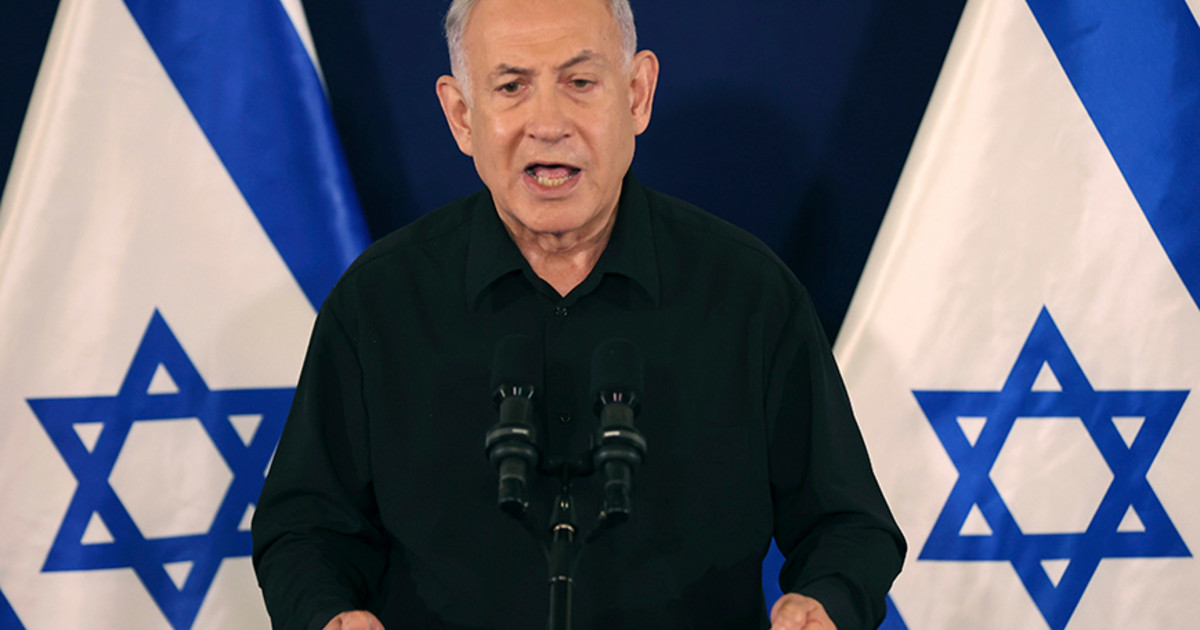On the 17th, Petrobras announced a new increase in fuel prices. With the change, gasoline rose 5.18%, while diesel increased 14.26%. This is the 15th time that values have been readjusted since January 2021, when the bullish cycle began.
Faced with the rise in fuel prices, political leaders began to defend alternatives to control the increase, such as the end of international parity and a new pricing policy.
A group of parliamentarians has been working on the proposal to create a stabilization fund for the prices of oil derivatives, which would have the objective of dampening the fluctuation in the value of fuels.
One of the ideas is that the amount paid by the consumer oscillates in a limited price range. When the quote is below this range, the consumer would pay the minimum amount, and the difference would be used to cushion the commercialization value when the quote is above the maximum amount.
THE CNN asked the pre-candidates for the Presidency of the Republic what they think about the creation of a fund to stabilize fuel prices.
Check out the answers below:
Luiz Inácio Lula da Silva (PT):
Former President Lula has already pointed out that this is not necessary to lower fuel prices. That it is necessary to adjust the price of fuel to the national costs of fuel production, with the aim of defining the price only by international parity.
Jair Bolsonaro (PL):
The pre-candidate has not responded at the time of publication.
Ciro Gomes (PDT):
The pre-candidate has not responded at the time of publication.
André Janones (Avant):
The pre-candidate has not responded at the time of publication.
Simone Tebet (MDB):
The pre-candidate did not respond to the question of the CNN until the time of publication. But on June 17, on his Twitter profile, Tebet published a thread on the topic stating the following:
“Whoever wants, decides. Those who don’t want to blame others. The Federal Constitution provides solutions, in the plural, to reduce the price of fuel in exceptional situations such as now, creating extraordinary credit or using Union dividends. Also, subsidy for diesel for those who depend on it to work and for cooking gas for those who cannot pay. The solution will, in the future, be to expand the national refining capacity. This would indeed help to have fuel at compatible prices, even when there is international shortage. Of course, all with transparency, respect for contracts and no corruption.”
Pablo Marcal (Pros):
The pre-candidate has not responded at the time of publication.
Felipe d’Avila (New):
I’m in favor. Pricing policy should not change, after all, oil is a global commodity and Brazil does not produce in isolation. But the creation of this fund would help to smooth out price fluctuations and ensure predictability in the market. Prices cannot continue to be at the mercy of politicians worried about their own reelection. But just as important as the creation of the fund is the privatization of Petrobras and the opening of the oil market in the country. In a market economy, the price drops when there is competition. This does not happen in Brazil, where, in practice, Petrobras has a monopoly, especially in refining.
Jose Maria Eymael (DC):
The pre-candidate has not responded at the time of publication.
Leonardo Pericles (UP):
The pre-candidate has not responded at the time of publication.
Luciano Bivar (Union Brazil):
The pre-candidate has not responded at the time of publication.
Sofia Manzano (PCB):
The pre-candidate did not respond at the time of publication.
Vera Lucia (PSTU):
A fund for stabilizing fuel prices is insufficient. We need to stop the privatization process of Petrobras, as this is what has led to the explosion in fuel prices. Today, the largest company in Brazil is being privatized, sold to international capital, which grabbed 63% of the company’s shares, along with its minority partner, the “national” bourgeoisie.
This is part of an orientation of international capital, which has been imposing, with the support of the national bourgeoisie, a colonial system of extraction of primary wealth, of plundering the country. The demonstration of this phenomenon is expressed in Petrobras, which in 2021, distributed 95% of the profit as dividends to shareholders, in the amount of R$ 101 billion, leaving only R$ 5 billion to invest in the pre-salt.
This phenomenon generates a contradiction at Petrobras: the more it generates wealth, the less it invests in itself and in the country. This situation needs to be changed. We defend the application of a program for the industrial recovery of the country, starting from the renationalization of Petrobras, under workers’ control.
We defend the end of the PPI (International Price Parity) and the renationalization of the refineries, BR Distribuidora and the pre-salt.
For a 100% state-owned Petrobras, which elects its management from among career employees and which has in its statute the defense of sovereignty and supply at fair prices and linked only to operating costs and investment plans in new discoveries, expansion and development of the producing fields and the refining park, thus freeing the Brazilian people from the extortionate logic of prices at international parity.
These measures are the basis for breaking with the international oil cartel, made up of six large companies that dominate the world market and set prices in all countries.
Debate
THE CNN will hold the first presidential debate of 2022. The clash between the candidates will be broadcast live on August 6, on TV and on our digital platforms.
Photos – The pre-candidates for the presidency
Source: CNN Brasil
I’m Susan Karen, a professional writer and editor at World Stock Market. I specialize in Entertainment news, writing stories that keep readers informed on all the latest developments in the industry. With over five years of experience in creating engaging content and copywriting for various media outlets, I have grown to become an invaluable asset to any team.






